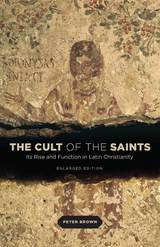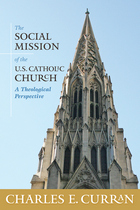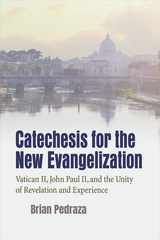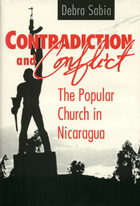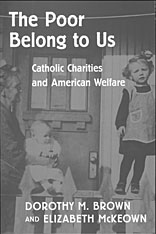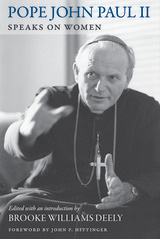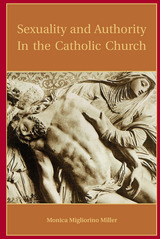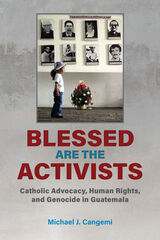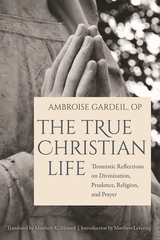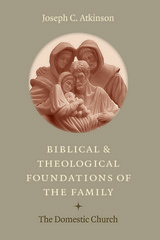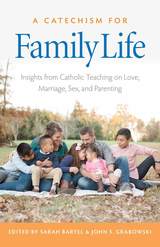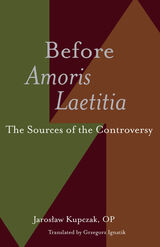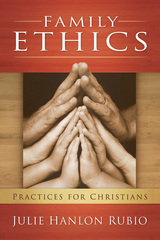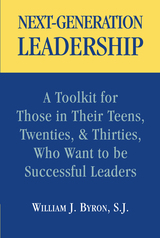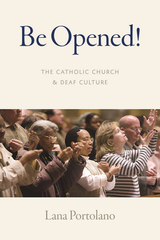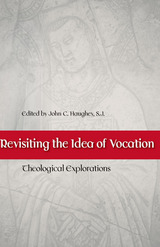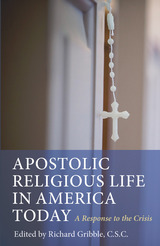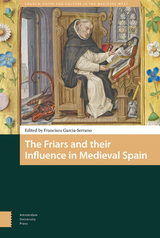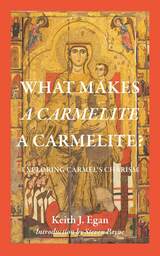Cloth: 978-1-64712-112-9 | Paper: 978-1-64712-113-6
Library of Congress Classification BX2352.K64 2020
Dewey Decimal Classification 248.845
A breakthrough in the theology of parenthood, integrating Catholic social thought and social scientific studies of child well-being in order to offer a more diverse and inclusive interpretation
The Catholic Church has a long and diverse history of tolerating various child-rearing arrangements. The dominant Catholic framework for conceptualizing parenthood, however, is highly influenced by concerns over sexual ethics and gender norms. While sexual and reproductive ethics are important, the present consensus that theological consideration of parenthood necessarily hinges on these matters diverts attention from actual parenting practices in their social and cultural contexts. In reality, kinship and caregiving are often negotiated in complex ways.
In Beyond Biology, Jacob M. Kohlhaas uses a historical and interdisciplinary theological method that engages both analytically and appreciatively with tradition to sketch a broader Catholic anthropology of parenthood. Kohlhaas’s identification of interpretive options within the Catholic tradition creates room for meaningful, intellectually convincing, and theologically rich responses to challenges facing Catholic parents and families today.
By marshaling the diversity of the Christian tradition and exploring contemporary research in the social sciences and humanities, Kohlhaas frames a theological conversation on parenthood as parenthood—considering the needs and well-being of children as well as the potentials and capabilities of adult caregivers. In his discussion, Kohlhaas considers adoption and nonbiological parenthood, fathers as primary caregivers and nurturers, caregiving by siblings and grandparents, and communal parenting and coparenting beyond the spousal pair. In Kohlhaas’s view, conceptions of parenthood should be guided by the meaning of Christian kinship rooted in baptism as well as concern for the actual caregiving capacities of adults and the needs of children.
See other books on: Christian ethics | Christian Living | Parenting | Sexual ethics | Social Issues
See other titles from Georgetown University Press

